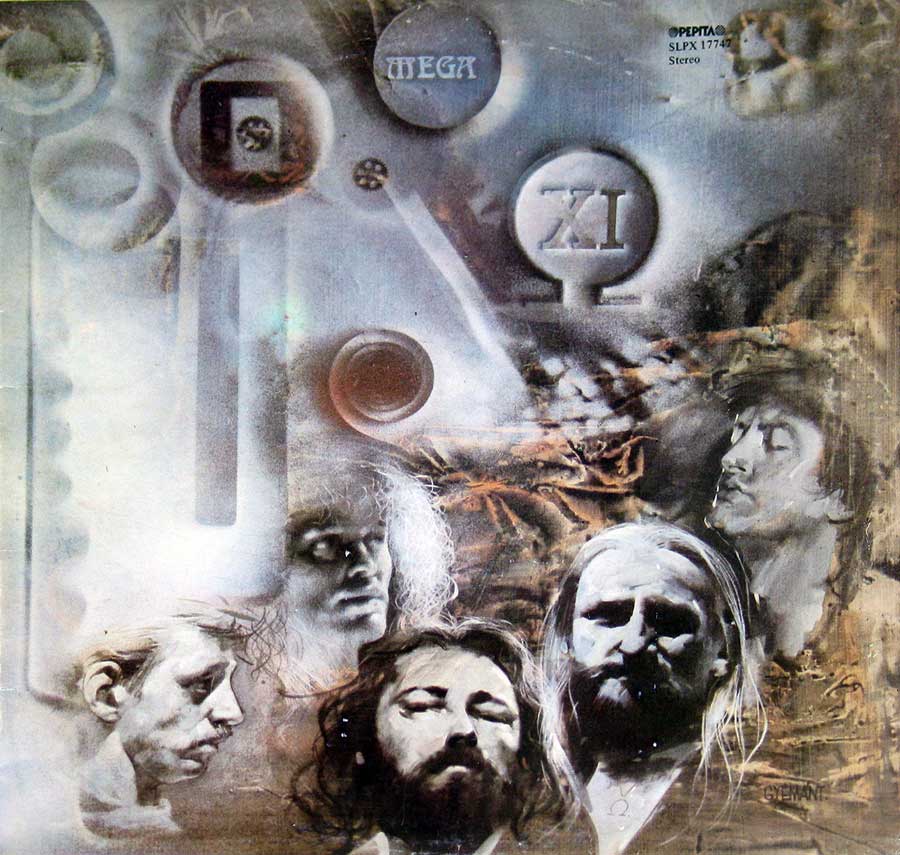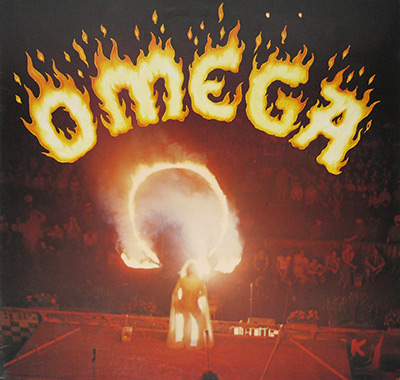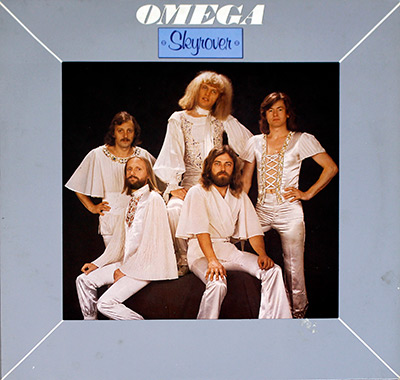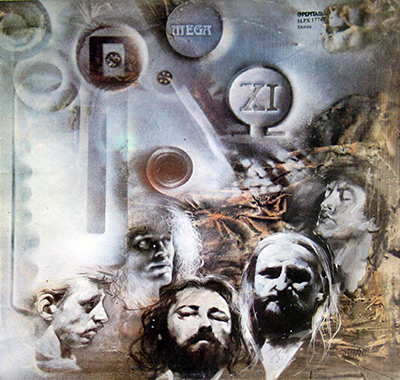Released in 1982, Omega's eleventh studio album, simply titled "XI," marked a significant return to form for the Hungarian progressive rock band. After experimenting with new wave sounds on their previous album, "Working," Omega decided to revisit their classic sound, embracing their progressive rock roots and showcasing their musical maturity.
Historical Context
By the early 1980s, the new wave craze was beginning to wane, and many bands were returning to their original genres. Omega, having explored the new wave landscape, felt a renewed sense of purpose in their established progressive rock style. "XI" was a statement album, a reaffirmation of their identity and a testament to their enduring talent.
Musical Exploration
"XI" is a quintessential Omega album, brimming with complex arrangements, intricate instrumentals, and soaring vocals. The album opens with the epic "Ajánlott Útvonal" ("Recommended Route"), a multi-part suite that sets the tone for the rest of the record. Tracks like "Alvajáró" ("Sleepwalker") and "Tizenkettedik óra" ("The Twelfth Hour") showcase the band's mastery of progressive rock, with dynamic shifts in tempo, intricate keyboard and guitar interplay, and a dramatic flair that is unmistakably Omega.
Pepita Record Label
"XI" was released on the Pepita label, a state-owned Hungarian record company that had been a major player in the country's music industry for decades. Pepita had a long history of supporting Hungarian artists and promoting diverse musical genres. The release of "XI" on Pepita solidified Omega's status as a national treasure and a symbol of Hungarian rock music.
Recorded at the Omega Studio
"XI" was recorded at the Omega Studio, the band's own private recording facility. This allowed the band to have complete creative control over the recording process, ensuring that their vision was fully realized. The studio's intimate setting and familiar environment also likely contributed to the album's warm and organic sound.











